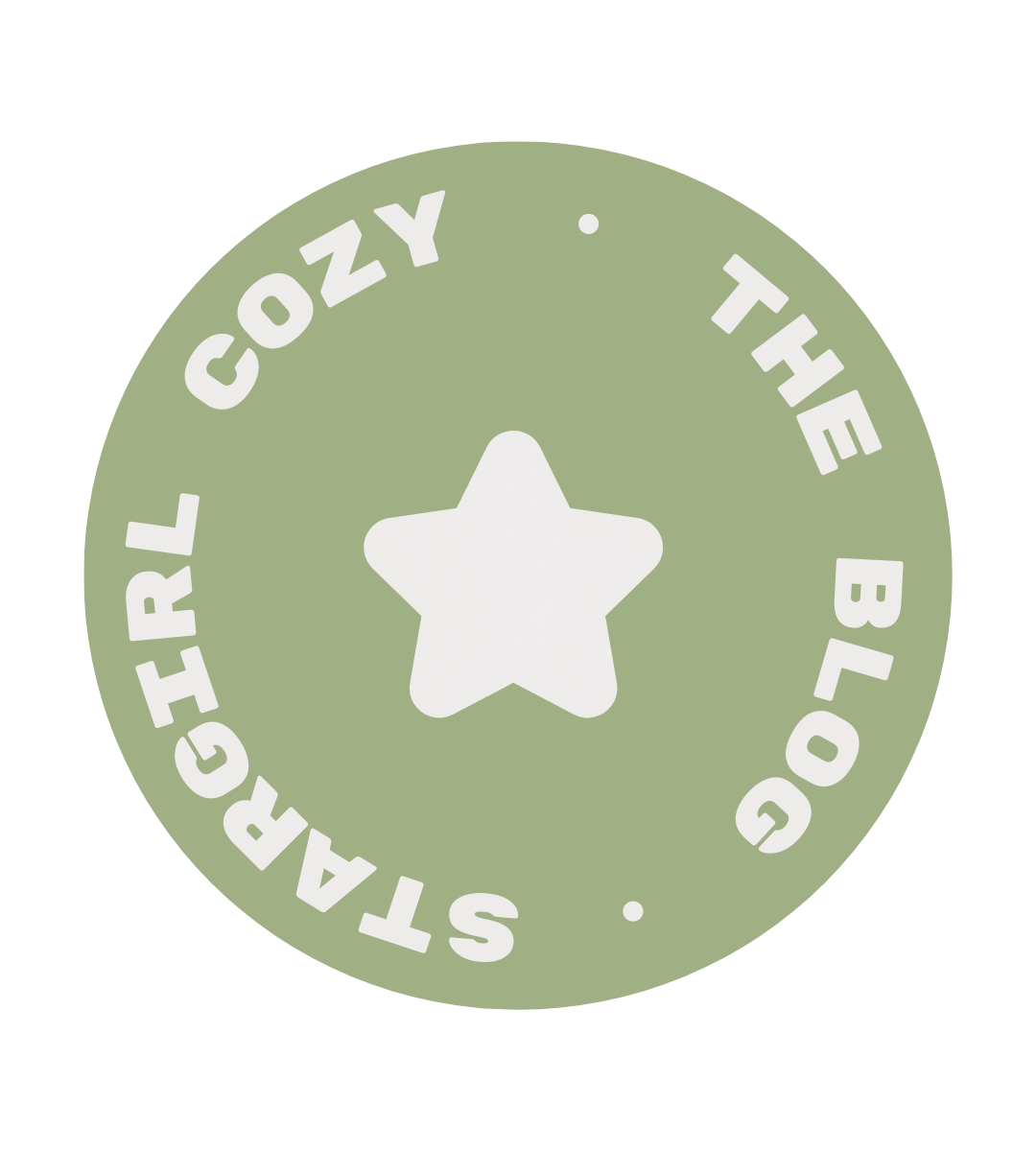The plot twist no one tells you
If you’ve ever been called “flaky” for abandoning pottery after six months to learn coding, then dropping coding to try urban gardening (while maintaining your Duolingo streak and researching skincare ingredients), science has some news for you: your brain might be wired for innovation.
Research from the University of Pennsylvania shows that people with diverse interests develop more neural connections between different brain regions. Translation?
Your “inability to focus” is actually enhanced cognitive flexibility—the exact skill that drives breakthrough thinking.
Why Nobel Prize winners have hobbies
Here’s a stat that’ll blow your mind: Nobel Prize winners are significantly more likely than other scientists to have arts and crafts hobbies.
A study analyzing prodigies found they were 25 times more likely to sing, dance, or act, and 17 times more likely to create visual art. Steve Jobs credited his calligraphy class for inspiring Apple’s revolutionary typography.
Your “random” pottery phase? Maybe it’s innovation fuel. 😜
The reason: Breakthrough ideas emerge at the intersection of different fields. Your pottery knowledge might inform your UI design.
Your music theory might enhance your data visualization. These aren’t accidents—they’re cognitive advantages.
Your boredom is actually completion
The second you let yourself disconnect from your phone and get bored while completing a hobby is when you’re growing the most. Or your brain, at least.
As you attempt to wrangle one puzzle to another, your neural pathways are forging, expanding connections.
Psychologist Dr. Barbara Sher’s research reveals that multi-passionate minds work differently. When you get bored, your brain has extracted the learning it needed and is ready for new challenges. This pattern correlates with higher creativity and better problem-solving abilities.
You’re not scattered. You’re scanning for opportunities.
Why this matters more than your LinkedIn optimization
Most professional skills become outdated every 5 years. In tech fields, it’s even faster—what you learn about AI today will be obsolete in 2 years.
This means the specific major you pick or skill you master matters less than your ability to keep learning new things.
While everyone else is panicking about “finding their passion,” you’re already practicing the only skill that actually matters: adapting quickly to change.
IBM research proves this: employees with diverse backgrounds bounce back faster from layoffs and industry shifts. Your comfort with trying new things isn’t wishy-washy—it’s career insurance.
How to weaponize your wandering mind
Build a T-shaped skill profile: Develop broad competency across many areas (the horizontal bar) while maintaining deeper expertise in 1-2 core areas (the vertical bar).

Document your transfers: Keep a connections journal noting how skills from one area apply to another. Your pottery-to-programming insights are your unique intellectual property.
Embrace project-based thinking: Treat interests as finite learning projects, not potential careers. Removes pressure, maximizes extraction.
Create themed seasons: Spring for creative projects, summer for outdoor adventures, fall for technical skills, winter for cozy inside hobbies. Satisfies your need for variety while giving you something to post about all year.
The future belongs to generalists
AI is automating specialists. Climate change, social justice, technological ethics—the biggest problems require interdisciplinary thinking that comes naturally to multipotentialites.
The creator economy rewards unique perspectives. Your weird mix of pottery + programming + urban gardening + vintage fashion might be exactly what your future career (or side hustle) needs.
Your curiosity is strategic intelligence
Every “phase” is data collection about your preferences, aptitudes, and values. That abandoned pottery taught you about spatial reasoning, patience, tactile creativity, and whether you prefer process-focused work.
You’re not behind because you haven’t picked one thing. You’re building a unique combination of knowledge that no one else has. While your friends stress about their “five-year plan,” you’re developing the adaptability that actually predicts success.
In a world that increasingly rewards creativity, adaptability, and synthesis, your scattered approach isn’t just okay—it’s optimal.
Your path isn’t linear, but it’s yours. And research suggests it might just be the smartest way forward.
References
Root-Bernstein, R., et al. (2008). Arts foster scientific success: Avocations of Nobel, National Academy, Royal Society, and Sigma Xi members. Journal of Psychology of Science and Technology, 1(2), 51-63.
Sher, B. (2006). Refuse to choose!: Use all of your interests, passions, and hobbies to create the life and career of your dreams. Rodale Books.
Wapnick, E. (2017). How to be everything: A guide for those who (still) don’t know what they want to be when they grow up. HarperOne.

